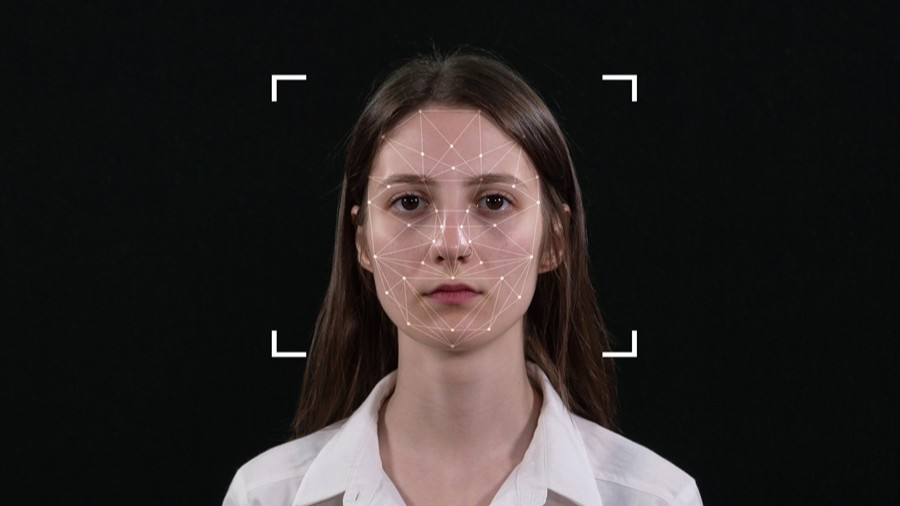In celebration of National Fertility Week 2019, we ask Fertility specialist Beverley Addison to answer your most asked questions about all things Fertility Law. Today we are talking about becoming parents via assisted or donor conception.
Thanks to massive strides in medical technology, nowadays more and more people are able to become parents thanks to assisted conception methods such as IVF and the use of donor sperm and eggs.
But, it doesn’t come without some legal questions.
Q: What is IVF?
IVF is possibly the most well-known fertility treatment. It is a procedure in which a doctor will remove one or more eggs from the ovaries of the female patient and then fertilise them inside the embryology laboratory with sperm from an intended father or a donor. Once successfully fertilised the embryos are then transferred to the woman, with the hope of a successful pregnancy taking place.
Q: I am having difficulty conceiving, can I get IVF on the NHS?
Fertility problems are estimated to affect one in six couples in the UK – approximately 3.5 million people – and Scotland is a world-leader in acknowledging the impact of infertility on people’s lives. In England & Wales, eligibility differs from location to location, whereas in Scotland, all eligible patients may be offered up to three cycles of IVF/ICSI where there is a reasonable expectation of a live birth.
To check whether you meet the eligibility criteria you should contact your local doctor.
Q: We have 4 boys and really want a girl – can we use IVF to achieve this?
In the UK ‘sex-selection’ is not legal, even if a person is paying privately for IVF treatment. The only exception to this is where you or your partner carry a hereditary sex-related condition and wish to avoid passing this on to your children. The Human Fertilisation and Embryology Authority (HFEA) dictates which conditions are allowed to be tested for. You can find the list of authorised conditions here: PGD Conditions.
Q: If I use a sperm donor, will the sperm donor be my child’s legal father?
No. Using donor sperm through treatment at a licensed UK fertility clinic carries very little risk. Due to the regulations in place, the donor will have had a number of medical checks completed, and the donor being formally recognised as a donor means that they will not become the legal parent as a result. As the patient using the donated sperm you will not be able to know the identity of the donor.
Q: If I donate sperm or eggs, will I have responsibility for any child born as a result?
No. Although the person using the sperm donation does not have a right to know your identity, the law was changed in 2005 so that all new HFEA-registered donors are potentially identifiable to any conceived children once they reach the age of 18. Many donors like to find out if any babies have been born as a result of their donation. You are entitled to know if your donated sperm has been used successfully, including the number of children that have been born, whether they are boys or girls and the year of their birth. You will not be given any information which could lead to those children being identified and will not be the legal parent of any children who have been born.
Q: My friend has agreed to be a sperm donor for us, is this ok?
Whilst there is no legal reason why this should not happen, we would always recommend using a licenced fertility clinic. ‘DIY’ arrangements leave you open to the risk that the donor will be considered to be the legal father of the child and will automatically obtain parental rights and responsibilities on birth. This means that the donor could seek contact with the child or seek to be considered legally as the child’s father for the rest of the child’s life. If you are in a known-donor dispute, we can help.
The top takeaway when using any form of assisted conception is to get legal advice before you embark on your journey so that you know exactly where you stand. This helps you to avoid any pitfalls and let you focus on the exciting part, becoming a parent!
If you have any questions about all things fertility law, get in touch.





